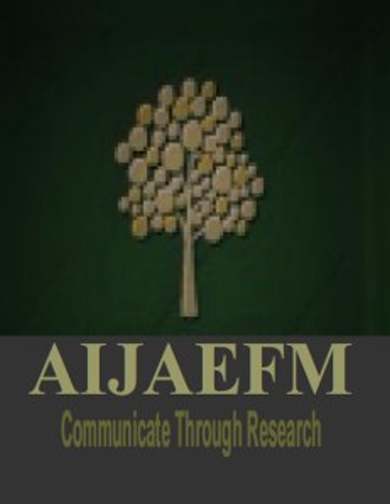Impact Of Public Sector Spending And Corruption On Economic Growth In Nigeria
Keywords:
Corruption, Education, Economic Growth, Government Expenditure, Public SectorAbstract
This study examined the impact of public sector spending on economic growth in Nigeria from 1996 to 2022, employing the Autoregressive Distributed Lag (ARDL) model as the estimation technique. The findings revealed that, in the long run, government expenditure on education and health, foreign direct investment (FDI), and trade openness positively impact economic growth, while corruption negatively affects it. These results suggest that increased government spending on education and health enhances economic growth, whereas corruption hinders it. Therefore, it is recommended that the Nigerian government increase funding for the education and health sectors while intensifying efforts to combat corruption to prevent financial leakages that could otherwise contribute to economic growth.





